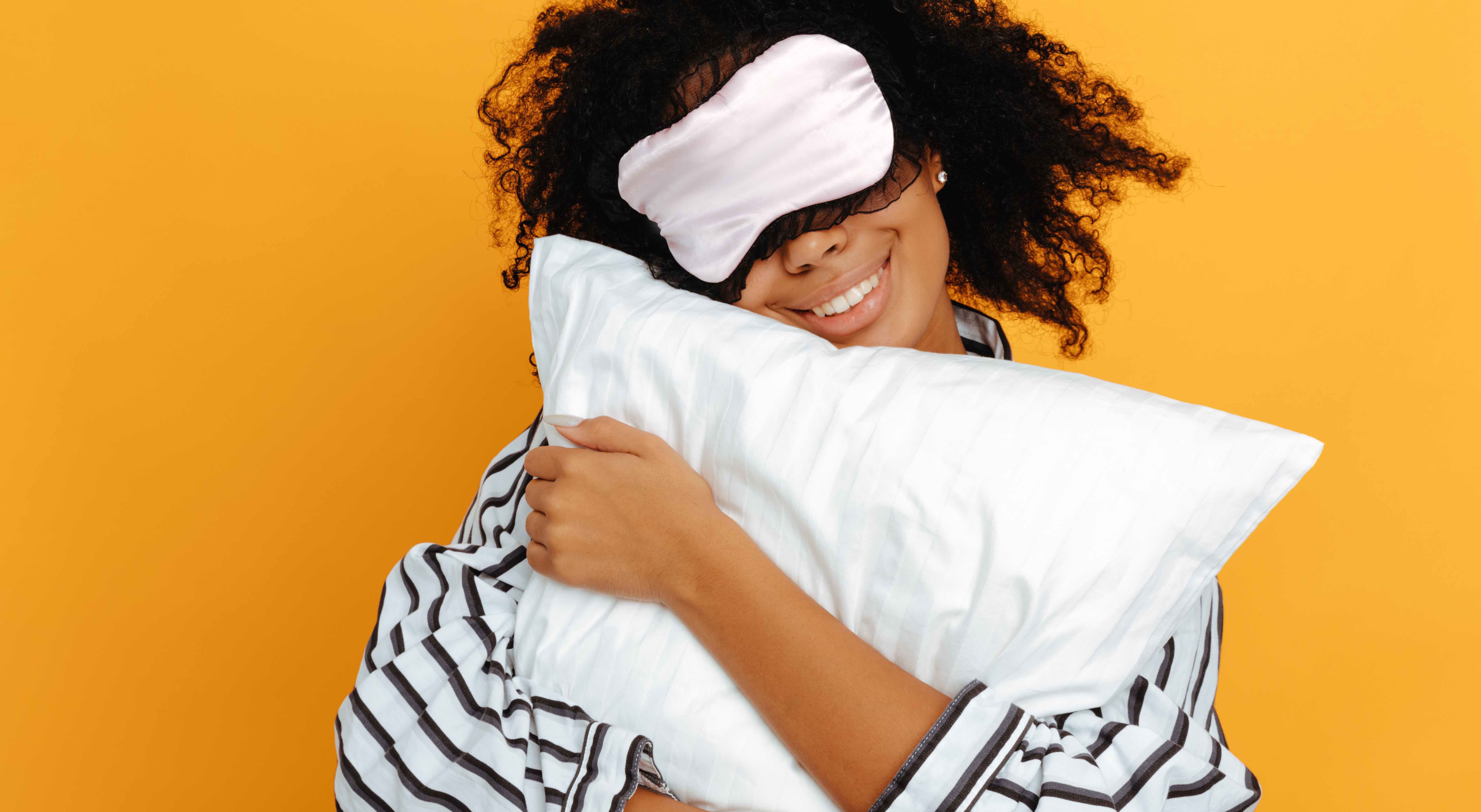
08 Sep Tips for A better night’s sleep
We could all do with more sleep. Busy lifestyles, stress at work or kids keeping you awake, can all lead to broken sleep patterns. When you’re desperate for sleep, it can be tempting to reach for a sleeping pill. But the reality is sleep medication only works as a band aid and won’t cure the problem or address the underlying symptoms. To improve your sleep quality long term, you need to consider different therapies and healthy lifestyle changes.
Here are some techniques and therapies to help improve your nightly sleep:
Be smart about what you eat and drink and when: The body’s digestion process can really alter your sleep patterns. Try not to eat or drink caffeinated drinks within two to three hours before going to bed. Like caffeine, nicotine and sugary foods are stimulants, and while alcohol can make you sleepy, it interferes with the quality of your sleep and can make sleep disorder symptoms worse.
Reduce daily stress and anxiety: If the stress of work, family, or school is keeping you awake, you may need help with stress management. By handling stress in a productive way, and maintaining a calm, positive outlook, you’ll be able to sleep better at night. Focusing on your breathing can also help with relieving stress and anxiety. Abdominal breathing, breathing deeply and fully, involving not only the chest, but also the belly, lower back, and ribcage, can help you relax. Close your eyes and take deep, slow breaths, making each breath even deeper than the last. Breathe in through your nose and out through your mouth.
Sleep restriction: Reduces the time you spend lying in bed awake by eliminating naps and forcing you to stay up beyond your normal bedtime. This method of sleep deprivation can be especially effective for insomnia. It not only makes you more tired the next night but builds a stronger association between bed and sleep rather than bed and lying awake.
Stimulus control: Make sure bed is only for sleeping. Identify habits that prevent you from sleeping such as working or watching TV. Avoid doing these activities in bed and just keep it as a place for sleep and relaxation.
Improve your sleep environment: Treat your bedroom as a sanctuary. Your bedroom is so important to helping create an ideal sleeping environment. It should be dark, quiet and comfortable. If not, invest in some block out blinds and ear plugs!
Get more physical. Get up and get active every day. Exercise relieves stress and anxiety and improves sleep, so make time for regular exercise. Aim for 30 minutes or more on most days—but not too close to bedtime.
Relaxation training: When practiced regularly, relaxation techniques such as mindfulness meditation, progressive muscle relaxation, yoga and breathing exercises can help you relax at night, relieving tension and anxiety and preparing you for sleep.
Salt therapy of course: Salt therapy can have a natural relaxing effect on the body and help stimulate sleep. Many of our clients report a great night’s sleep on the night of their salt therapy. The pharmaceutical-grade salt pumping through the air may help open up the airways and nasal passages. As you sit and breathe in the salt during your sessions, the sinuses and lungs can be relieved of congestion which can improving breathing and snoring. In short: regular salt therapy promotes a better night’s sleep, from de-stressing to breathing more deeply and freely.

